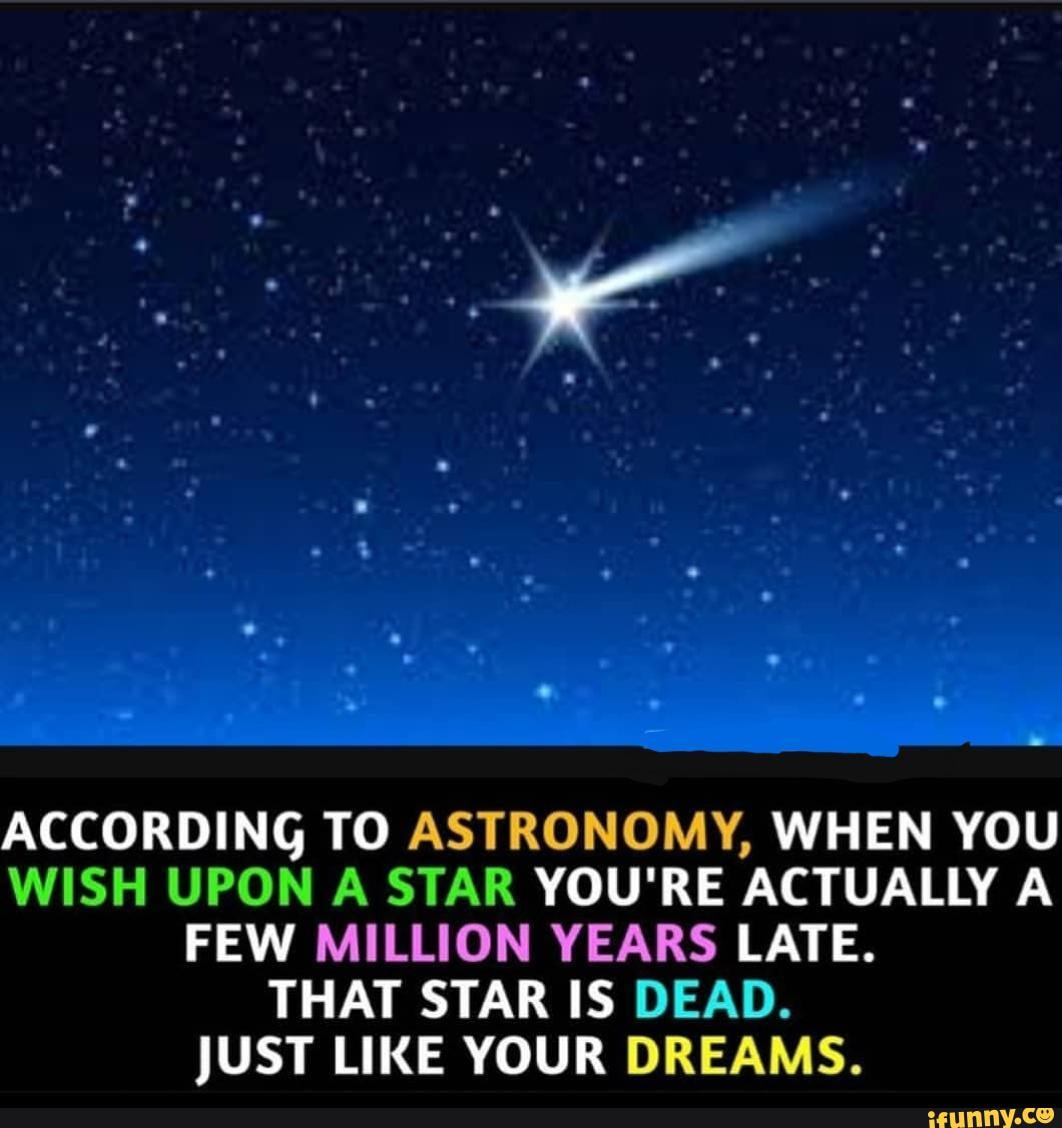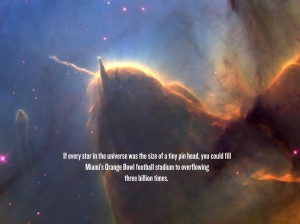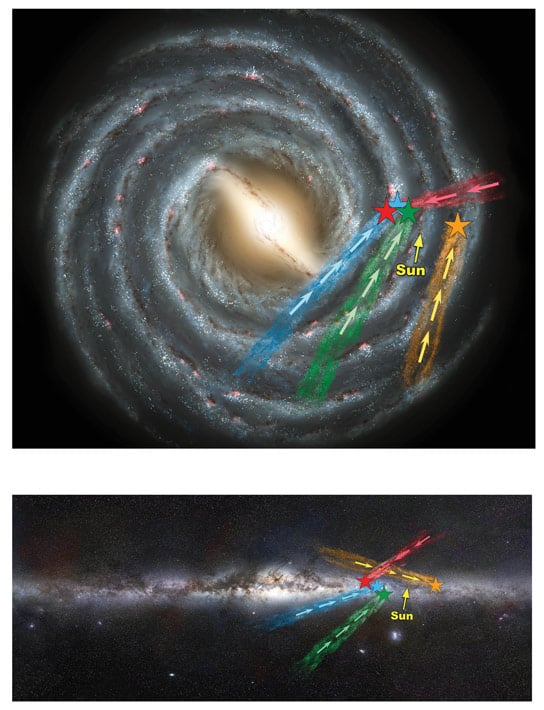I Wish I Knew No Astronomy When Stars Appear

I Wish I Knew No Astronomy When Stars Appear
As a child, I was fascinated by the night sky. I would spend hours lying on my back in the grass, staring up at the stars. I would imagine that I was an astronaut, exploring the vastness of space. I would dream of one day becoming a scientist and unlocking the secrets of the universe.
But as I grew older, my interest in astronomy waned. I became more interested in other things, like sports and music. I forgot about my childhood dreams of becoming a scientist. It wasn't until I was in college that I rediscovered my love of astronomy. I took an astronomy class as an elective, and I was immediately hooked. I was amazed by the beauty and complexity of the universe. I was also fascinated by the history of astronomy, and the great minds who had dedicated their lives to understanding the cosmos.
The Beauty of the Night Sky
One of the things that I find most beautiful about astronomy is the night sky. When I look up at the stars, I am filled with a sense of wonder and awe. I can't help but think about how small we are in the grand scheme of things. The universe is vast and mysterious, and we are just a tiny part of it.
But even though we are small, we are capable of great things. We have the ability to learn and understand the universe. We have the ability to explore the cosmos and to discover new worlds. And we have the ability to dream. I believe that we are all capable of great things, and that we should never stop dreaming.
The History of Astronomy
Astronomy is one of the oldest sciences. People have been studying the stars for thousands of years. The earliest astronomers were priests and philosophers who used the stars to track the seasons and to predict the future. Over time, astronomy became more scientific, and astronomers began to develop new instruments and techniques to study the universe.
In the 16th century, Nicolaus Copernicus published his theory of heliocentricity, which stated that the sun, not the Earth, was the center of the solar system. This theory was revolutionary at the time, and it changed the way that people thought about the universe. In the 17th century, Galileo Galilei used a telescope to observe the planets and moons of the solar system. His observations supported Copernicus's theory of heliocentricity, and they helped to establish the scientific method as the foundation of modern science.
In the 19th century, astronomers began to study the stars and galaxies beyond our solar system. Edwin Hubble discovered that the universe is expanding, and he developed a theory of the Big Bang, which explains the origin of the universe. In the 20th century, astronomers began to study the cosmic microwave background radiation, which is the leftover radiation from the Big Bang. This radiation has helped to confirm the Big Bang theory, and it has provided us with new insights into the early universe.
The Meaning of Astronomy
Astronomy is more than just a science. It is a way of understanding our place in the universe. Astronomy can teach us about the origins of the universe, the evolution of life, and the future of humanity. Astronomy can also inspire us to dream big and to explore the unknown.
I believe that astronomy is one of the most important sciences that we study. It can help us to understand our place in the universe and to appreciate the beauty and complexity of the cosmos. Astronomy can also inspire us to dream big and to explore the unknown. I hope that you will join me in exploring the wonders of the universe.
The Latest Trends and Developments in Astronomy
Astronomy is a rapidly changing field. New discoveries are being made all the time. Some of the latest trends and developments in astronomy include:
- The discovery of exoplanets. Exoplanets are planets that orbit stars other than our sun. Thousands of exoplanets have been discovered in recent years, and many of them are potentially habitable.
- The discovery of dark matter and dark energy. Dark matter and dark energy are two mysterious substances that make up most of the universe. We don't know what dark matter and dark energy are, but they are playing a major role in the evolution of the universe.
- The development of new telescopes and instruments. New telescopes and instruments are allowing astronomers to see the universe in more detail than ever before. These new telescopes and instruments are helping us to make new discoveries about the universe.
Tips and Expert Advice for Stargazing
If you are interested in stargazing, here are a few tips and expert advice:
- Find a dark location. The darker the location, the more stars you will be able to see.
- Allow your eyes to adjust to the darkness. It takes about 20 minutes for your eyes to adjust to the darkness.
- Use a star chart or app. A star chart or app can help you identify the stars and planets that you are seeing.
- Bring a blanket or chair. Stargazing can be a relaxing experience, so bring a blanket or chair to make yourself comfortable.
Frequently Asked Questions About Astronomy
Q: What is the difference between a star and a planet? A: Stars are large, hot balls of gas that produce their own light. Planets are smaller, cooler objects that orbit stars.
Q: How old is the universe? A: The universe is about 13.8 billion years old.
Q: What is the biggest star in the universe? A: The biggest star in the universe is UY Scuti. UY Scuti is a red supergiant star that is about 1,700 times larger than the sun.
Q: What is the hottest star in the universe? A: The hottest star in the universe is WR 104. WR 104 is a Wolf-Rayet star that has a surface temperature of about 210,000 degrees Celsius.
Conclusion
I hope that this article has given you a better understanding of astronomy. Astronomy is a fascinating and complex science, but it is also a beautiful and inspiring science. I encourage you to learn more about astronomy and to explore the wonders of the universe for yourself.
Are you interested in learning more about astronomy?

Source Image: courses.lumenlearning.com

Source Image: courses.lumenlearning.com

Source Image: courses.lumenlearning.com

Source Image: courses.lumenlearning.com
Appreciate for your animated curiosity in reading this. I Wish I Knew No Astronomy When Stars Appear, is a great resource for deepening your understanding. https://bina.biz.id/i-wish-i-knew-no-astronomy-when-stars-appear-5/?feed_id=2&_unique_id=66109c7fa16a7
0 Response to "I Wish I Knew No Astronomy When Stars Appear"
Post a Comment